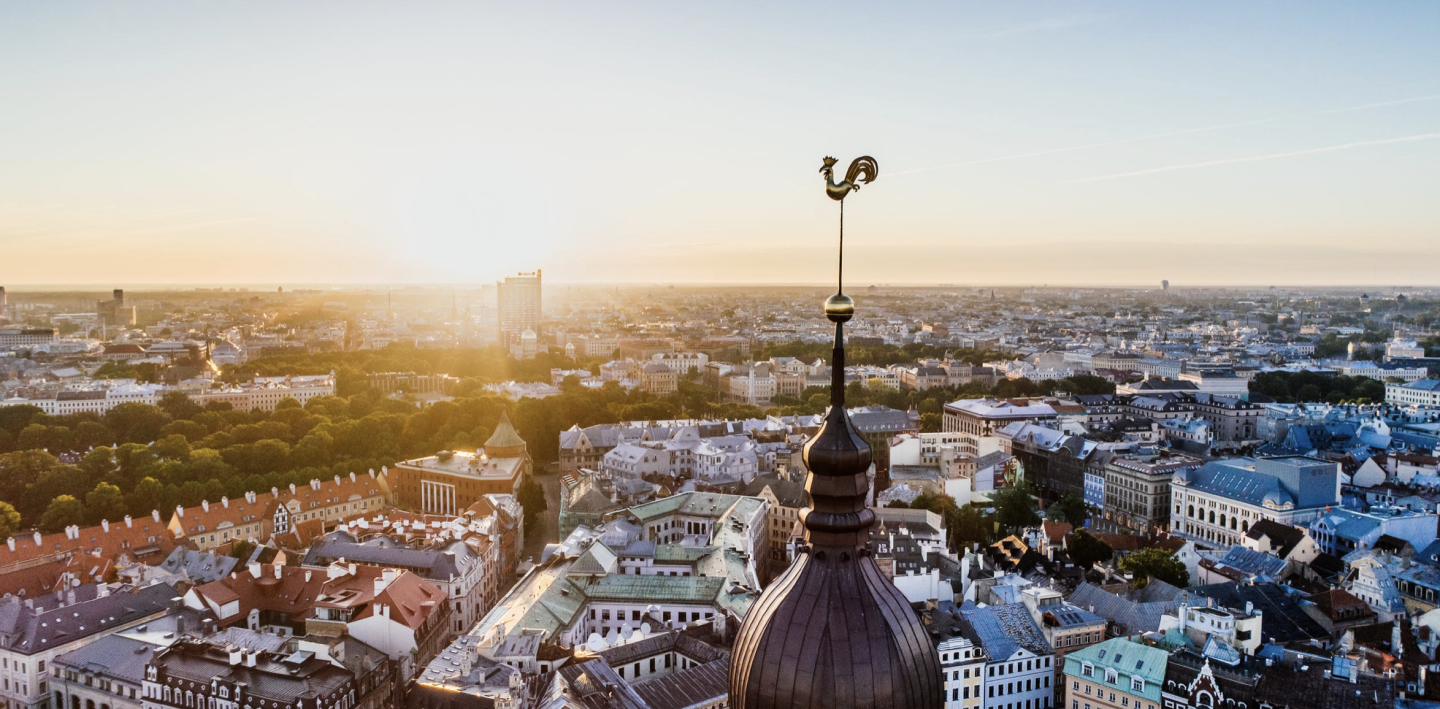Wales, like Kamnik, is facing the challenges of an ageing population, the diverse needs of individual citizens, including vulnerable target groups, in terms of the use of public space, the shift of supply and demand from urban cores to shopping centres on the periphery, the increase in motorised traffic for reasons of convenience and safety, insufficient and inadequate public spaces to attract people and improve the quality of urban living, inadequate transport infrastructure for non-motorised forms of transport, etc..
In recent years, the Municipality of Kamnik has started to systematically address these challenges through various projects and investments, including the preparation of a new Integrated Transport Strategy for the Municipality of Kamnik, the introduction and upgrade of the Kamkolo electric and pedal bike rental system, The construction of the Kamnik-Godič Cycle Link and the Kamnik-Mengeš-Trzin-Ljubljana Regional Cycle Link and, in particular, the PopUpUrbanSpaces project, which in the coming months will see the test deployment of attractive and innovative urban furniture and accompanying events in front of the Veronika Café, demonstrating a different use of public space and, we hope, attracting visitors to come and relax under the Mali grad castle. The PopUpUrbanSpaces project was presented at length by a knowledge provider partner and an external expert in tactical urbanism, and we visited the pilot site.
The opening greeting by the Mayor and the presentation of the challenges and successes mentioned above, with the help of external collaborators and experts in the field Aidan Cerar (Institute for Spatial Policies) and Sinan Mihelčič (ŠTAJN Institute), was followed by an interesting discussion, which showed that, despite the geographical separation and socio-political differences with the host country, in the field of active mobility, both Wales and Kamnik are planning a number of sustainable mobility and tactical urbanism projects in the future, which, with the mandatory involvement of the population in their planning, will gradually ensure a safe transport infrastructure and improve the quality of life of our (and their) citizens.
In recent years, the Municipality of Kamnik has started to systematically address these challenges through various projects and investments, including the preparation of a new Integrated Transport Strategy for the Municipality of Kamnik, the introduction and upgrade of the Kamkolo electric and pedal bike rental system, The construction of the Kamnik-Godič Cycle Link and the Kamnik-Mengeš-Trzin-Ljubljana Regional Cycle Link and, in particular, the PopUpUrbanSpaces project, which in the coming months will see the test deployment of attractive and innovative urban furniture and accompanying events in front of the Veronika Café, demonstrating a different use of public space and, we hope, attracting visitors to come and relax under the Mali grad castle. The PopUpUrbanSpaces project was presented at length by a knowledge provider partner and an external expert in tactical urbanism, and we visited the pilot site.
The opening greeting by the Mayor and the presentation of the challenges and successes mentioned above, with the help of external collaborators and experts in the field Aidan Cerar (Institute for Spatial Policies) and Sinan Mihelčič (ŠTAJN Institute), was followed by an interesting discussion, which showed that, despite the geographical separation and socio-political differences with the host country, in the field of active mobility, both Wales and Kamnik are planning a number of sustainable mobility and tactical urbanism projects in the future, which, with the mandatory involvement of the population in their planning, will gradually ensure a safe transport infrastructure and improve the quality of life of our (and their) citizens.
